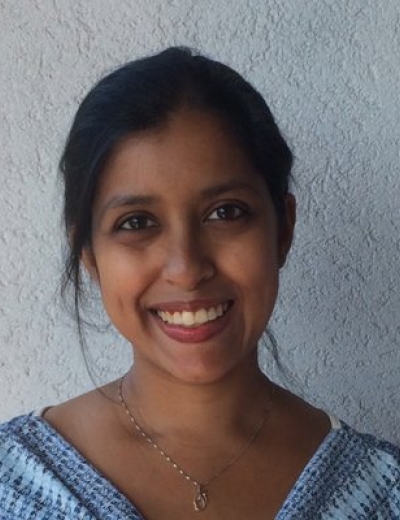Human Rights and the Environment: Introducing Legal Regimes and Key Issues
On 8 October 2021, the United Nations (UN) Human Rights Council adopted a landmark resolution recognizing for the first time the right to a safe, clean, healthy and sustainable environment as an autonomous human right. This resolution paved the way for a second formal recognition by the UN General Assembly on 28 July 2022.
In parallel, UN human rights treaty bodies have increasingly recognized the impact of environmental degradation and climate change on fundamental human rights, urging states to adopt measures that protect the rights to life, health, and housing from environmental-related harms.
Such developments illustrate the growing understanding that environmental protection and human rights are deeply interconnected, and that their enforcement relies on the collaborative efforts of multiple actors, encompassing international organizations, national governments, and civil society.
Participants in this training course – co-organized with EarthJustice and the Center for International Environmental Law – will be introduced to the major international and regional instruments for the promotion of human rights, as well as international environmental law and its implementation and enforcement mechanisms. They will also explore the key issues pertaining to human rights and the environment.
Online
The course can be followed online.
Programme
Over approximately 12h of training (4 half days) the course will cover the following issues
- Explore the major international (both universal and regional) instruments for the promotion of human rights, as well as their implementation and enforcement mechanisms
- Explore the major international environmental principles and multilateral environmental agreements, with the relevant compliance mechanisms
- Identify particularly vulnerable categories of rights holders, such as indigenous people, women and migrants.
Objectives
Upon successful completion the training, participants will have the knowledge and skills to:
- Grasp the key norms, principles and enforcement mechanisms of international human rights law and environmental law
- Identify how basic international and regional human rights systems can be used to provide a measure of environmental protection
Methodology
The training course will be interactive and participants will be encouraged to share their own experiences and perspectives on the issues covered. The training sessions will include lectures and discussions with a wide range of experts. Sessions will be designed to enhance substantive and practical knowledge exchange with peers and facilitators.
Access to a Dedicated Community Platform
All participants in our training course have access – ahead, during and following their course – to a dedicated community platform (on Mighty Network). This community brings together all the participants to our courses who have unlimited access to the training materials and resources shared during their course and can exchange with all the alumni of the Geneva Human Rights Platform Training Hub.
Audience
This training course is designed for staff of NGOs, development and human rights institutions, UN bodies and other international organizations, business enterprises as well as representatives of governments and members of academia.
The language of instruction during the training is English. All candidates must possess a level of proficiency in English that enables them to actively participate in the training.
Certification
Participants who complete the training course receive a certificate of participation from the Geneva Academy.
Fee
The training fee is 650 Swiss Francs and includes tuition costs and course materials.
Payment
The fee is payable as soon as your place has been confirmed. As places on the training course are limited, participation can only be secured through the payment of the fee. In case of cancellation by the participant, CHF 200 won't be returned.
How to Apply
Applications must be submitted via this online application form.
Admission decisions for our training courses are made by our experienced lead trainers. They carefully evaluate each application and may offer acceptance, conditional acceptance, placement on a waiting list, or, in some cases, may need to decline the application.
If you have questions, do not hesitate to contact us: traininghub[at]geneva-academy.ch


















